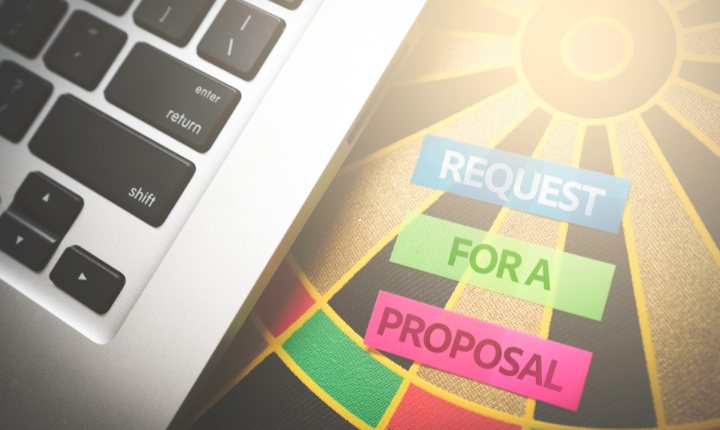In today’s digital age, email marketing is one of the most effective ways to engage with your audience, promote products, and drive sales. Whether you’re a business owner, freelancer, or marketer looking to expand your skillset, understanding the basics of email marketing is essential. This guide will walk you through the fundamentals of email marketing and show you how to get started on the right foot.
What is Email Marketing?
Email marketing is a digital marketing strategy that involves sending emails to a targeted group of recipients. These emails can serve various purposes, such as promoting products, sharing valuable content, or maintaining communication with existing customers. The goal is to create personalized and relevant email campaigns that build relationships, foster trust, and drive desired actions, like clicking a link or making a purchase.
Why is Email Marketing Important?
Email marketing is crucial because it offers a direct and personal way to reach your audience. Here’s why it’s so effective:
- Direct Communication: Emails land directly in your subscriber’s inbox, ensuring your message reaches them.
- Personalization: You can tailor your emails to specific segments of your audience, making the content more relevant and engaging.
- Cost-Effective: Compared to other marketing channels, email marketing is affordable and delivers a high return on investment (ROI).
- Measurable Results: Email marketing tools provide data on open rates, click-through rates, and conversions, allowing you to track your performance.
Key Elements of Successful Email Marketing
- Building an Email List To get started, you need a list of email subscribers. These are people who have expressed interest in receiving emails from you. You can build your email list by offering incentives like discounts, free resources, or exclusive content in exchange for email sign-ups.
- Crafting Compelling Content Your emails should offer value to your subscribers. Whether it’s promotional material or helpful tips, ensure that your content aligns with your audience’s needs. The subject line should be attention-grabbing, while the body should be clear, concise, and action-oriented.
- Segmentation and Personalization One of the biggest advantages of email marketing is the ability to segment your audience. You can divide your email list into groups based on demographics, behavior, or interests, and send personalized emails that speak directly to each group.
- Automation Email marketing platforms like Mailchimp or ConvertKit allow you to automate emails based on user actions. For example, you can set up welcome emails for new subscribers or automated follow-up sequences after a purchase.
- Tracking and Analytics To optimize your email marketing efforts, track key metrics like open rates, click-through rates, and conversions. Use this data to test different strategies and improve your campaigns over time.
How to Get Started with Email Marketing
- Choose an Email Marketing Platform Start by selecting an email marketing tool that fits your needs. Popular options include Mailchimp, ActiveCampaign, and Constant Contact. These platforms allow you to design emails, manage your list, and analyze performance.
- Build and Grow Your Email List Encourage visitors to sign up for your email list by offering valuable incentives, like eBooks or discounts. Use opt-in forms on your website or social media channels to collect email addresses.
- Design Your First Email Campaign Focus on creating a simple, visually appealing email that clearly conveys your message. Your first email could be a welcome message introducing your brand or a promotional email for an upcoming product launch.
- Segment and Personalize Your Emails Don’t send the same email to everyone on your list. Segment your audience and craft personalized messages that resonate with each group.
- Monitor Results and Optimize Once you’ve sent out a few email campaigns, review your results. Analyze which emails performed best and why. Use this data to refine your approach and improve future campaigns.
Conclusion
Email marketing is a powerful tool that can help you build relationships, increase engagement, and grow your business. By understanding the basics and following best practices, you’ll be well on your way to creating effective email campaigns that resonate with your audience. Whether you’re a freelancer looking to expand your skillset or a business owner wanting to boost sales, email marketing offers tremendous opportunities for growth.




